ANNUAL



















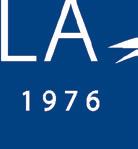





























Vision and Mission
Message from the Chairman of the Board and Head of School Council of Trustees and Board of Governors
Faculty and Staff Profile Finances Student Profile Whole School Goals Accreditation Primary School Senior School

IB Profile Results and HE Placements
Well-Being Framework After School Activities
BSM Disaster Response Plan Service and Sustainability
Back to Face-to-Face
The British School Manila Taguig Scholarship Programme Parents & Teachers Association Events
The British School Manila (BSM) provides an outstanding holistic international education for British children and English speaking children of other nationalities. We aim to develop students as positive global citizens who are equipped with skills, understanding and values to be able and willing to contribute to our world. We achieve this through collaboration between our families, the school and our students.
– being happy, healthy and managing their own well-being
– being resilient in adversity
– application and effort
– meeting challenges by accepting that risk taking and making mistakes are positive parts of learning
– reflecting, self-assessing and driving their own learning
– being confident in expressing and being themselves
– being respectful, honest and kind, have integrity and take responsibility for their own actions
– making their world sustainable, peaceful and fair
To achieve this BSM will:
– be a learning community where all members have a desire to be life-long learners and strive for excellence
– foster a friendly family atmosphere that nurtures a community feeling
– meet the emotional, physical, creative and cognitive needs of all children
– use an adapted form of a British curriculum along with the IB Diploma programme and intercultural learning

– use technology to enhance learning
– provide authentic skill-based learning opportunities
– provide a wide range of holistic opportunities that allow students to discover their interests
Against another challenging year for everyone in the Philippines and in our own community, it is very pleasing to see that BSM remained widely successful and upheld its Mission and its high standards this school year.
We were late internationally in returning to campus teaching, but well-prepared so that BSM was among the first in the Philippines to do so and was able to advise and assist other schools.
In a year in which the international examination bodies explicitly set out to reverse pandemic grade inflation and bring down student grades, BSM maintained superior scores.
University placements remained among the best institutions globally, despite it being more challenging with greater numbers due to deferred applicants this year as well as shifting international criteria being applied.
Our student numbers have increased; our teacher, staff and community engagement remains high; and, the School has fared well financially while also maintaining a second year of zero fee increases to support our families in tough times.
These and other outcomes were the results of careful priorities being made at all levels in the School and the dedication of our Management, teachers and staff in carrying them out. At the Board, we have strong confidence in Mr. van der Linde and his team, and we look forward to a further three years under his leadership.
I am also grateful to the Council of Trustees for their ongoing support and guidance, much needed in recent times.
Like all of us I expect, I’m very much looking forward to SY 2022-2023 and all the positive change it will bring.
Onward BSM!
Tim Daniels Chairman of the Board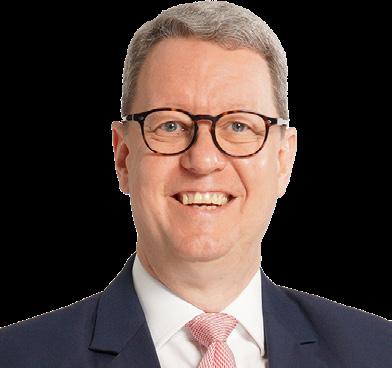

I’m delighted to present our second BSM Annual Report. This report shares highlights of the 2021-2022 academic year with our BSM community and other interested stakeholders.
You will recall that last year we managed a stellar year, notwithstanding the pandemic pressures and very limited face-to-face. We have been adept at a well planned and executed pivot from Distance Learning through to limited face-to-face in November 2021, a short stint online again and then progressive transfer back to full face-to-face schooling in Term 2. With Board support, we managed to do this for the second consecutive year without any fee increase.
Our community resilience and fortitude shone through in the school year and the commitment from our school teams to uphold our guiding principles and provide the best possible experience to our students was exemplary and truly praiseworthy. Our guiding principles informed our Whole School Goals for the year and the associated planning and roll out. Very much aligned with those principles, we remained committed to offering a comprehensive virtual After School Activities programme before it too returned to face-to-face in Term 3. The provision of greatly appreciated and thoroughly enjoyed camping trips, albeit on the Simon Mann Sports Field, highlighted the tremendous efforts of collaborative teaching and support teams doing the very best for our students.
The positive response from our students to the various initiatives offered and the adapted approach to learning highlighted their resilience and eagerness to get back to the schooling we had all missed so very much. What always stands out at BSM is the plethora of student-led initiatives, always inspirational and close to our hearts, and this school year was no different as evidenced in our Service and Sustainability work. We are also incredibly proud of our philanthropic efforts in supporting external students through our BSM Taguig Scholarship Programme, which remains a hugely successful endeavor.
Upholding traditional events throughout the year was another example of how we collaboratively upheld our steadfast commitment to our community and to student experience.
Congratulations to our examination candidates on their splendid academic results and noteworthy placements at higher education institutions around the globe. We are very proud of your achievements.
While we should be rightly proud as a community of what we achieved last year, we should also be incredibly grateful for who we are as a community and how successfully we came together.
Martin I. van der Linde Head of School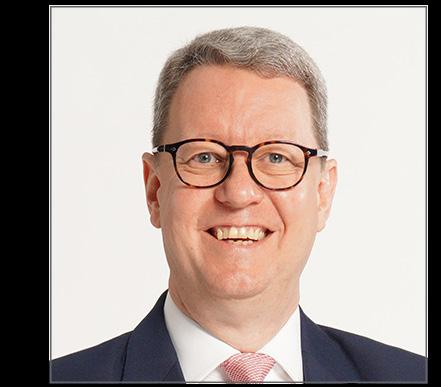



 Alistair White Chairman (March 2022)
Alastair Totty Chairman (2021)
Richard Sisson Vice-Chairman Ailene Manzano-Litonjua Treasurer (2021)
Ian Lutterloch Treasurer (November 2021)
Jamie Leather Trustee
Alistair White Chairman (March 2022)
Alastair Totty Chairman (2021)
Richard Sisson Vice-Chairman Ailene Manzano-Litonjua Treasurer (2021)
Ian Lutterloch Treasurer (November 2021)
Jamie Leather Trustee
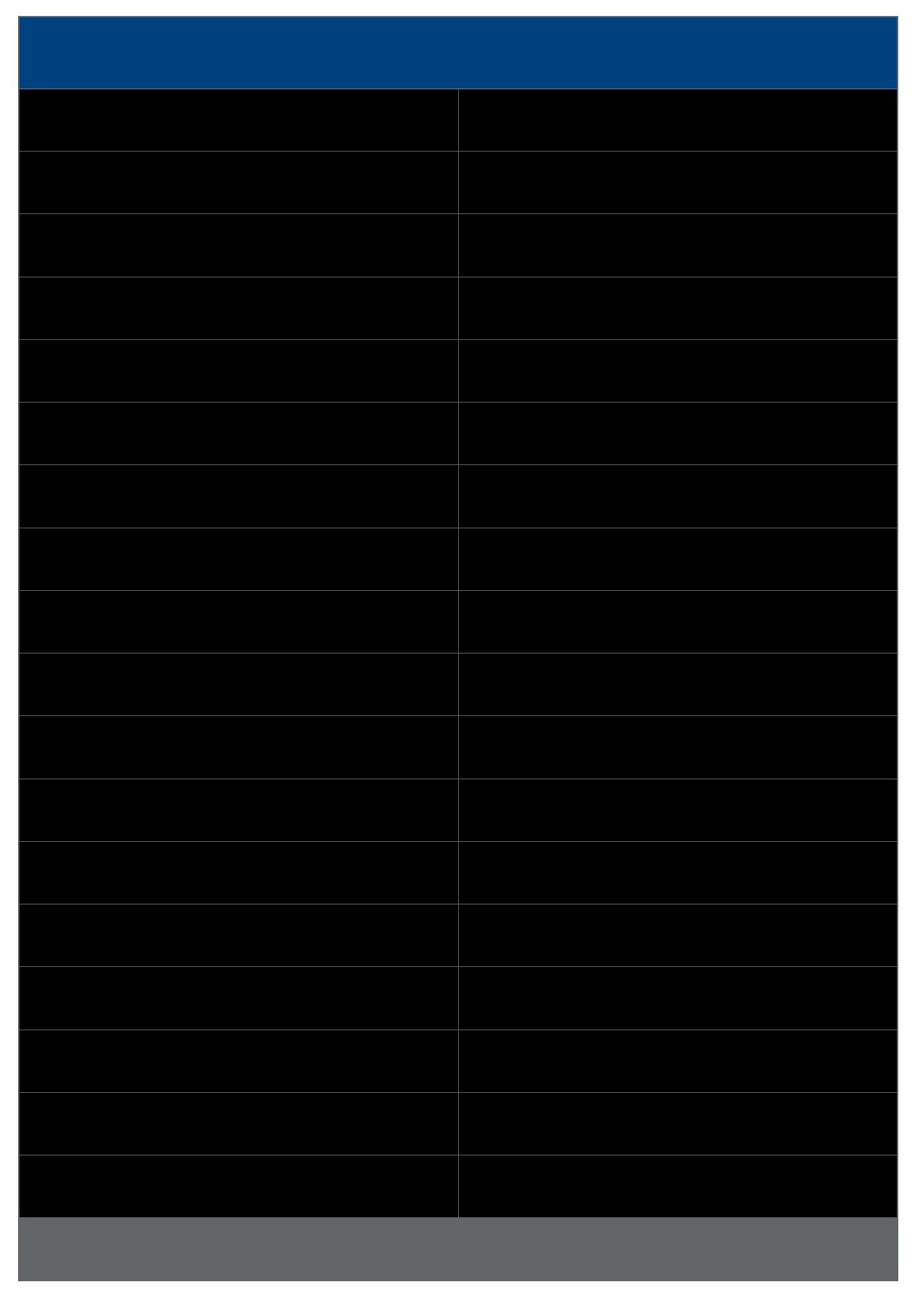
American American/Romanian Australian British Canadian Chinese Colombian Dutch Filipino French German Indian Indonesian Irish
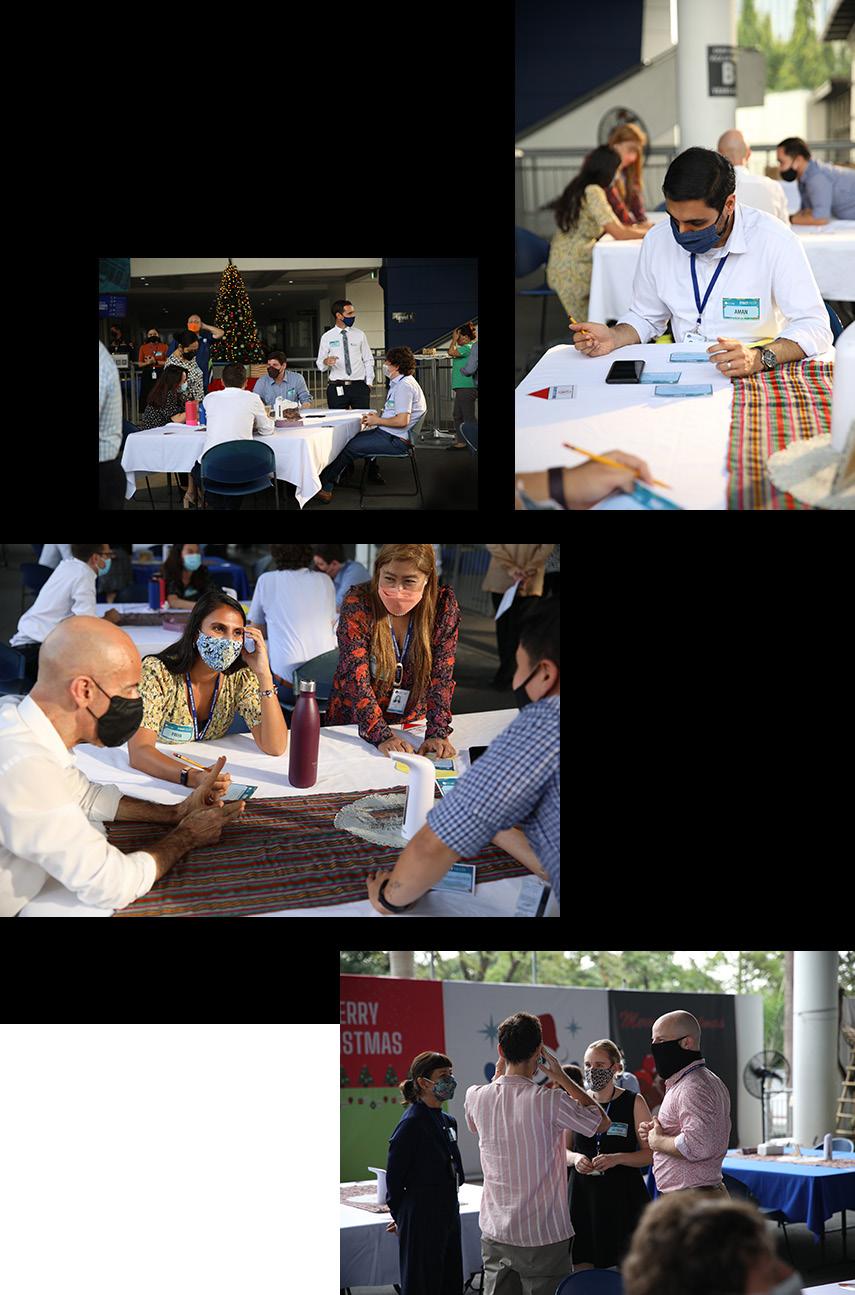
As a not for profit educational establishment, BSM does not seek to make a profit nor generate a
shareholders. The School’s sole source of financing is the various fees it receives from its families. BSM has maintained conservative financial practices that have ensured it covers its costs, maintains a
operating cash buffer and is debt free.
auditors, SGV, have audited the School’s financial statements
ending 31 July 2022. The School remains a financially secure and ongoing entity.
Strategic Growth spent for:
2013-2014 - LRC
y 2014-2015 - Don Jones Field rehabilitation (P21.2M), Boracay Building renovation (P13.2M), Science Classrooms in Rizal Building (P13.4M)
2015-2016 - Anilao Building renovation (P17.2M), Science Classrooms (P15.6M), Offices (P2.7M), KS2 Playground (P1.9M)
y 2018-2019 - Pool retiling (P12.4M), Floor retiling, Ramp, Space planning
y 2019-2020 - Floor retiling, Toilet renovation
2021-2022 - Full payment Creative Arts Centre (P18.2M)
2022-2023 CAPEX includes:
y Don Jones Field rehabilitation (P25M)
Toilet renovation (P3.5M)
5-year network infrastructure development (P17.4M)
India, 50 Bangladesh, 1 South Korea, 27 Poland, 2 China, 40 Hungary, 1 Singapore, 12 Brunei, 1 New Zealand, 8 Colombia, 1 France, 7 Denmark, 1 Japan, 8 Dominica, 1 Germany, 7 Austria, 1 Spain, 9 Romania, 2 The Netherlands, 5 Switzerland, 2 Ireland, 6 Taiwan, 3 Indonesia, 5 Vanuatu, 1 Pakistan, 3 South Africa, 4 Belgium, 1 Ukraine, 1 Turkey, 2 Uganda, 1 Brazil, 5 Italy, 1 Sri Lanka, 2 Sweden, 3 Malaysia, 7 Thailand, 2 Malta, 2 Luxembourg, 2 Albania
2
Our Whole School Goals reflect ongoing systemic improvement. They define our actions to uphold our guiding statements for all students: what all students should know, understand, and be able to do.
This is embedded in our commitment for our students to be “positive global citizens,” to “make their world sustainable, peaceful and fair, “ inspiring them to engage with the world and want to make a difference.
Develop international-minded, globally competent students?
Global competencies include:
y Application of concepts, knowledge and skills to understand and address current global issues
y Understanding the interdependence of social and environmental world issues as described by the UN SDGs
y The understanding of multiple perspectives and valuing of diversity
y Effective culturally engaging communication skills
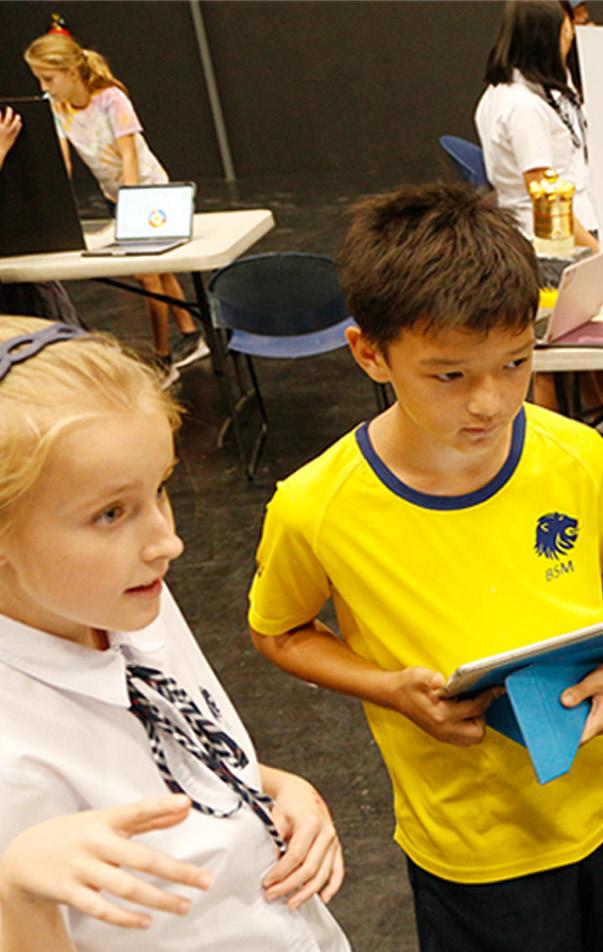
y Responsible service through action to improve social and environmental spaces
y The ability to function effectively as sentient citizens in an interdependent world
Our approach to teaching and learning is driven by our Vision and Mission to develop global citizens; provide a platform that inspires learning; develop lifelong learners; challenge all BSM students; and prepare children to make a positive contribution to their communities.
We also recognise that the development of a Learning Community that embraces students, staff and families is a significant factor in the provision of the outstanding holistic education we constantly strive for.

1. Ensure our Global Citizenship framework is relevant and meets the needs of our students and school
2. Review Service Learning - Service and Sustainability
3. Develop and enhance our intercultural competencies
4. Whole school values
1. A clear definition of HQ learning
2. To further develop learning that transfers in learning and teaching across the school
3. To embed cognitive science teaching strategies to support the learning process
Guided by the school Mission and Vision, we aim for our students to flourish through being happy, healthy and capable of managing their own well-being. Our bespoke Well-Being Framework promotes a whole-school approach to fostering positive physical and mental health. The framework sets out five key areas of well-being that we aspire to for all of our students.

y Self-Acceptance
y An Active and Balanced Lifestyle
y An Ability to Self-regulate
y A Sense of Belonging
y A Capacity for Growth and Resilience
* Two strands of the Well-Being Framework have been selected as a particular focus for the academic year.
1. To ensure our approach remains in line with best practice internationally
2. To ensure the Well-Being Framework permeates all aspects of school life
3. To ensure a deep sense of belonging for all students*
4. To further assist students in maintaining an active and balanced lifestyle*
Teaching & LearningLast year, we began the important process of our Council of International Schools Re-accreditation.
The award of CIS accreditation shows that the school has achieved a high standard of professional performance in international education and has a commitment to continuous improvement.
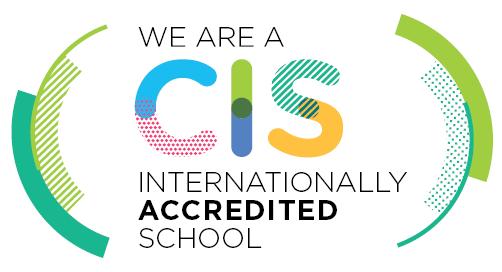
y Use the CIS accreditation process for evaluation, reflection and school development

y Use the process to evaluate and develop learning, well-being and the student experience at BSM

Submission of Preparatory Evaluation Report
Committee leads will submit reflections and comments on the core statements
Preparatory Evaluation Visit (PEV)
A member of CIS will spend three days at BSM (this could be in person or online)
Team Evaluation Visit Process begins
Interdisciplinary and cross-sectional committees of staff will begin the in-depth self-study process ahead of the TEV
Submission of Domain A and Part 1
*Part 1 comprises of Basic Information, School Overview, Community Survey & Financial Information
Submission of all other Domains’ reports
Committee leads will submit the comprehensive reports making reference to all standards
Team Evaluation Visit
A team of evaluators will spend five days at BSM conducting interviews with staff, students and parents and observations
y The teaching staff, academic support staff and many members of the administrative support team have been meeting regularly as part of the self-study process of the CIS accreditation cycle
y Preparations are well underway for the Team Evaluation Visit in September 2023
y As a learning community, we have been able to not only reflect on our strengths but also identify areas where we wish to grow and develop further to provide the best international holistic education for our students
 Facility Tour
Facility Tour
A. Purpose and Direction
B. Governance, Leadership and Ownership
C. The Curriculum
D. Teaching and Assessing for Learning
E. The Students’ Learning and Well-Being
F. Staffing
G. Premises and Physical Accommodation
H. Community and Home Partnerships
The leadership team for developing the well-being commitment into meaningful and effective practice for the benefit of whole school well-being.
The governors for ensuring that the written roles and responsibilities of governance, leadership, and management are clearly articulated, well understood, and reflected in effective operational practice, leading in improving the quality and sustainability in the school.
The curriculum leaders and teachers for aligning the curriculum with BSM’s vision of high-quality learning so that teachers can create engaging and suitably challenging learning activities for all students.
The students for the seamless transition between online and in-person learning which demonstrates their resilience and their ability to flourish.
The physical health and well-being team for developing and implementing a physical literacy intervention programme which has provided additional opportunities for students to be active, especially during a prolonged period of lockdown.
The leadership team, teachers, and support staff for collaborating in the creation of a purposeful and effective professional and trusting working environment.
The teachers, technology integrators, and network support team for ensuring a seamless transition to online and hybrid learning so that students continue to receive enriching and positive educational experiences.
The marketing and communications committee for ensuring an effective means by which parents’ views are gathered and responded to in relation to their feedback on their children’s education.
We were extremely pleased with the feedback received from all stakeholder groups and would like to thank everyone who took the time to share their feedback. In particular, the responses related to Domain A (Purpose and Direction) demonstrated we have a strong community with a great understanding of our Vision and Mission along with other guiding documents. This was especially high for standard A4 highlighting our clear commitment to well-being and safeguarding. Based on the data gathered, our guiding statements permeate through the school at all levels and are a real strength. This is a continued strength from our previous community surveys from 2016 as part of the previous accreditation process.
Another area for celebration also pertains to our strong community. It was evident through extremely strong agreement across all relevant stakeholder groups, that relationships between the Board, Leadership, families and staff are effective and positive. The surveys also demonstrated that, in alignment with standard B4, leadership embodies and models the Vision and Mission. Again, this is a continued strength based on previous data gathered.
In regards to Curriculum, 93% of students and 99% of parents agree or strongly agree that students are supported socially and emotionally at BSM which has highlighted this as a strength of the school across the various phases. Given our work with well-being, specifically the sense of belonging strand, during and since the pandemic, we are really pleased to see this recognised and appreciated. Based on the survey data, it is clear from the fact that 93% of faculty agree or strongly agree that systematic revision of curriculum is keeping the school aligned, that this has been an area of growth for the school since the last visit in 2016. In relation to standard C5, 60% of faculty strongly agree that there is innovation in teaching which highlights professional learning and progressive teaching as a strength of the school.
There were many other areas of celebration, including our safe and appropriately planned campus, exceptionally high levels of confidence in regards to Child Protection and Safeguarding policies and practices and the excellent opportunities for environmental stewardship, service learning and partnerships with external groups to enhance leadership and agency.
An area of development highlighted through a number of different questions and across various stakeholder groups is the need to dedicate more time to exploring and celebrating individuals’ cultures. This is very much in line with plans the school has already put into place and we are excited to see how this can develop over the coming months and years.
Again, we thank our community for their high levels of engagement with this process so far and look forward to welcoming the visiting team next academic year when they will be able to see BSM at its best!
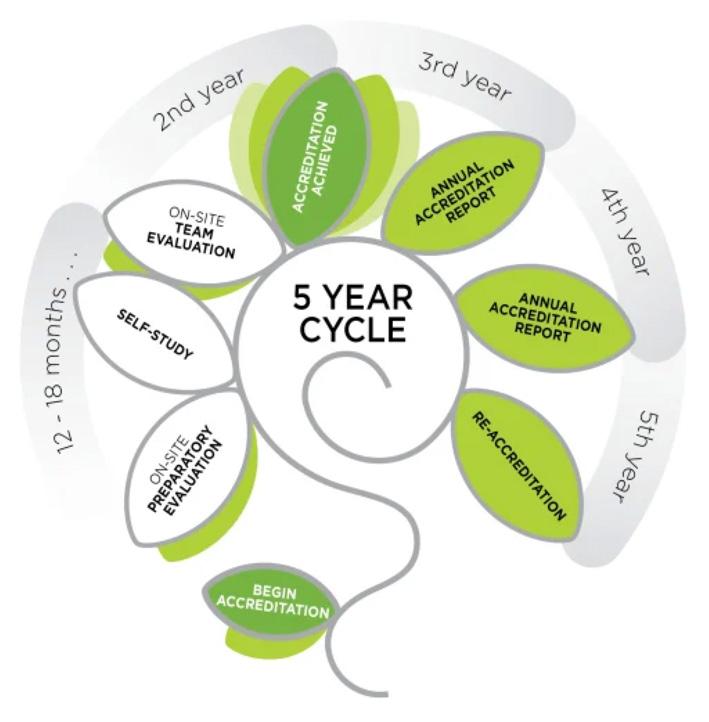
The Early Years Foundation Stage (Nursery and Reception) and Key Stage 1 ( Year 1 and Year 2)

In Early Years Foundation Stage (EYFS) and Key Stage 1 (KS1) we nurture children’s curiosity and joy of learning to lay foundations which will continue throughout their education. We recognise that the best way to do this is to offer high quality opportunities for learning through play; following children’s interests and facilitating for them in opportunities to become collaborators, explorers, investigators and creative problem solvers.
During online learning the whole team worked creatively to develop opportunities for play and socialisation through 1:1 sessions, play projects, shared lunchtimes and soft starts. We continued to cover the curriculum with the children’s well-being at the heart of everything we do.
A return to face-to-face lessons in Term 3 of the academic year was welcomed by all year groups but our youngest learners in particular thrived in being given their first opportunities to meet their peers and teachers physically in the school environment. It was a joy to see them meeting the friends they had made online for the first time physically.
Key Stage 2 ( Year 3, Year 4, Year 5 and Year 6)
Key Stage 2 (KS2) provides children with a wonderful opportunity to develop as Global Citizens, learning about big concepts such as sustainability through our ‘Think. Feel. Act.’ model. Supported by our Autobiographical Approach, this is a journey of intercultural understanding with children recognising and respecting the culture of our diverse community.
Approaches to Maths continue to be built around the ‘Maths mantras’ where making mistakes, conscientious completion over speed, and asking questions are celebrated. Through exploring fascinating texts in English the KS2 children not only developed reading skills, but learnt more about the world and the people in it. These experiences shone through in their imaginative writing throughout the year and in particular in the new ‘free writing’ sessions introduced which provide learners with an opportunity for creativity and expression of individuality.
Well-being, and the development of the concept of ‘self’ alongside the theme of belonging, were a focus whilst schooling was online. This provided the basis for a successful transition to physical school in the latter end of the year. Considering many of them had not met in person, the bonds between teachers and their classes were exceptional on return in Term 3.
We teach a bespoke, enhanced version of the British National curriculum designed to allow our Key Stage 3 (KS3) students to flourish and prepare them for future academic success. Year 7 students are guided carefully through a transition where the focus on well-being and global citizenship remains strong but the diversity of disciplines and experiences expands. Now taught solely by subject specialists, they are challenged to take new and exciting risks in their learning and build new and long lasting relationships. Year 8 students continue their growth as global citizens and deepen their disciplinary knowledge but will increasingly be asked to apply their understanding and skills to novel local and global events and issues. Year 9 sees the start of their transition to KS4 and building the maturity to make some important subject choices. They are now challenged to retain their knowledge and understanding from previous years whilst being taught to understand the deeper structural patterns not only of their subject disciplines but of the wider world around them.
Key Stage 4 (KS4) seeks to build upon the intellectual, social and emotional development instilled into our young learners during Key Stage 3. Key Stage 4 is composed of two year groups, Years 10 and 11, and represents the first period of time where their academic journey is one that is guided by international exam boards and rigorous global comparisons with tens of thousands of students. Students follow the two year IGCSE programme that culminates in externally assessed examinations that are internationally renowned. At the start of Key Stage 4 the students have significant ownership over the subjects that they choose to study and begin the process of carving an academic direction towards university.
The IGCSE provides students with a superb breadth and depth of understanding in preparation for the IB Diploma. Our dedication to student well-being and the deliberate teaching of skills and behaviours to promote current and future well-being is paramount to the student journey through Key Stage 4. Our examination outcomes at the end of Year 11 are truly world class. This is because of a cross-school dedication to cognitive science, transferable understandings and delivering this gold standard pre-16 certificate via experienced experts in their subject field.
Our Year 12 and 13 students follow the academically rigorous International Baccalaureate Diploma Programme (IBDP), which we believe is the best pre-university course available in the world.

The programme aims to develop students who have excellent breadth and depth of knowledge – students who flourish physically, intellectually, emotionally and ethically. The curriculum is made up of six subject groups ensuring that each and every IB diploma graduate is academically well rounded whilst still offering specialist depth in the 3 Higher Level (HL) subjects chosen. The additional requirements are Theory of Knowledge (ToK) which helps students develop their critical thinking, Creativity, Activity, Service (CAS) in which our students thrive and the extended essay which is an academic challenge that sets them up for success in their chosen field.
Kythe
Red Cross Youth Council
Childhaus
Springboard Foundation
Gawad Kalinga
Best Buddies
Habitat for Humanity
BSM Cares
Pre-loved devices
Gifted Gamers
BSM Special Olympics Pilipinas
One Million Lights
Siniloan tree planting
Subic Jungle Survival
Bali Green Camp
Holy Carabao Holistic Farm Mount Purro Nature Camp Bataan Turtle Sanctuary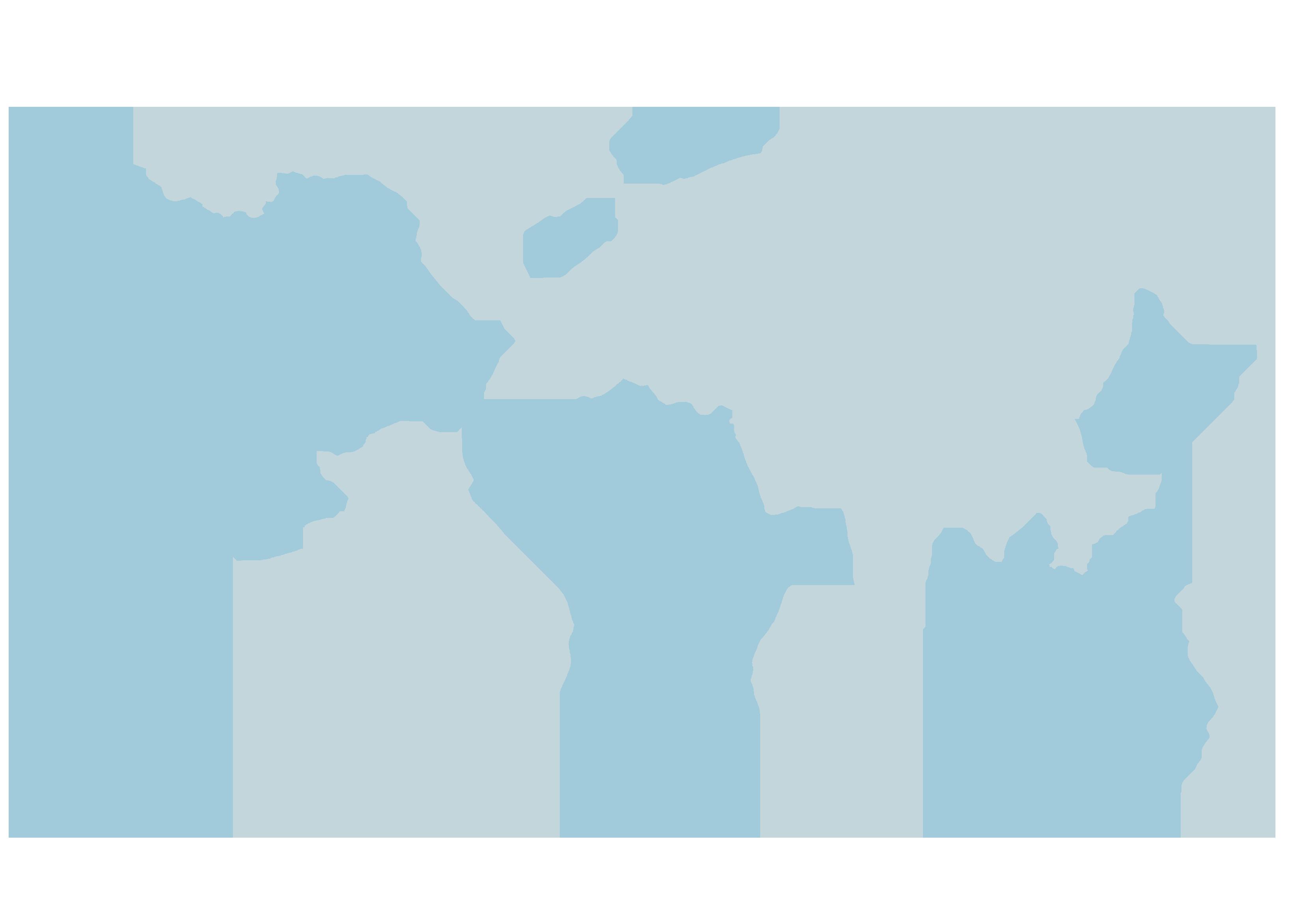
Cardiff University (1)
Imperial College London (2) Kings College London (1)
London School of Economics (1)
Nottingham Trent University (1)
Queen Mary University of London (1)
Royal Holloway, University of London (1) Sheffield University (1)
University College London (1) University of Bath (2) University of Edinburgh (1) University of Exeter (2) University of Leicester (1) University of Nottingham (3) University of St Andrews (1)
Babson College (1) Boston University (2) Brown University (1) Fordham University (1) Georgetown University (1) Northeastern University (1) Tufts University (1) University of Chicago (1) University of Pennsylvania (1) University of San Francisco (1) Canada
Carleton University (1) Langara College (1) University of British Columbia (8) University of Toronto (3)
University of Sydney (1) China
Nanjing Medical University (1) Hong Kong
Hong Kong University (4)
The Chinese University of Hong Kong (1) Philippines
Ateneo de Manila University (1) South Korea
Seoul National University (1) Spain
Universidad Carlos III de Madrid (1)
The Netherlands
Erasmus Universiteit Rotterdam (1) Leiden University (1) University of Amsterdam (1)
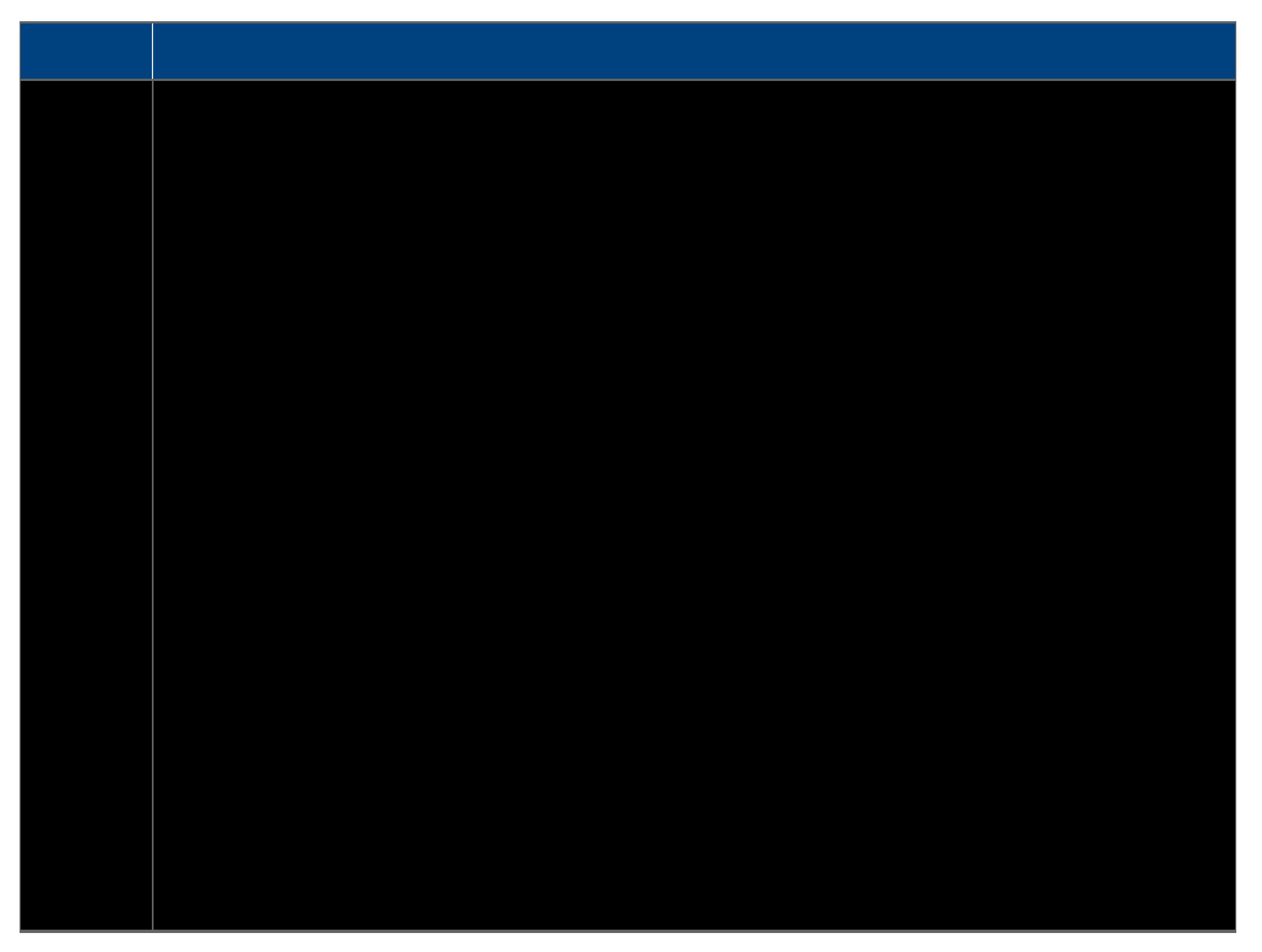
Guided by the school Mission and Vision, we aim for our students to flourish through being happy, healthy and capable of managing their own well-being. As a community we are very proud of our bespoke Well-Being Framework. The framework promotes a whole-school approach to fostering positive physical and psychological health.

The framework sets out five key areas of well-being that we aspire to for all of our students.
y Self-Acceptance
y An Active and Balanced Lifestyle
y An Ability to Self-regulate
y A Sense of Belonging
y A Capacity for Growth and Resilience
The BSM Well-Being Framework has been at the forefront of our work to support students and families through the transition to face-to-face learning.
Initiative
y Students continue to benefit from access to the Positive Education Enhanced Curriculum, recognised internationally as the gold standard in well-being education.
y All academic staff complete certificated training in ‘Understanding and Supporting Mental Well-being in Children and Young People.’
y Our continued focus on character strengths is celebrated through the ‘Why Character Matters’ writing competition.
One
y The international ‘Well-being 360’ conference is attended by nine members of staff.
y Almost one hundred parents attend our ‘Raising Resilient Children’ parent workshop.
y A whole school initiative to enhance online safety is launched. Students and parents are supported in understanding online risks and trends.
y ‘Coffee with the counsellors’ provides an informal opportunity for parents to make connections and seek advice.
y A new staff well-being programme is launched.
y The BSM Physical Education and Well-Being Team is commended by the Council of International Schools for promoting physical activity throughout prolonged periods of lock-down and as part of the transition to hybrid learning.
Two
y The research of Professor Lea Waters informs a ‘Strength based Parenting’ workshop. The session provided resources and practical advice for parents who are interested in exploring a strength-based approach.
y The school counselling team host a parent book study, exploring ‘Middle School Matters’ by Phyllis L. Fagell.
y The BSM Safeguarding Team is commended by the Council of International Schools for ensuring matters relating to safeguarding and child protection are in line with the international standards.
y BSM hosts the annual Federation of British International Schools in Asia Safeguarding Conference. The event was attended by staff from twenty-seven schools across Asia.
Three
y BSM celebrates a successful transition to face-to-face learning. Our annual psychometric well-being survey reveals that students report ‘high levels of satisfaction’ with their school experience.
‘A key strength at BSM is the positive school culture which permeates throughout. The depth and breadth of this culture is heard and seen from the youngest students through to the board, extending to support staff and parents.
BSM is a caring community who rightly takes pride in instilling a sense of belonging
BSM has established firm foundations and the focus on well-being, as proven throughout the pandemic, will stand the school in good stead for whatever the future brings’. Council of International Schools, Preliminary Visit Report, February 2022
BSM Book Club
Board Games
BSM Chemistry Club
Sagan Physics Challenge Club
Competitive Maths Dissection Club Model United Nations
Rising Investors
The BSM Debate Society
The Royal Economics Guild of Manila Wharton Global Investment Competition Writer’s Guild
Year 7 Social
Volleyball Zumba
BSM Photography Clay Club Comix Club Creative Crafts Cross Stitch and Sewing! Winston News BSM OrchestraAll Instruments Making Music with your Peers
Singing for Fun Y2-6 World Music Appreciation Improvisation Cub Ballet
BSM Dance Team Y10-13 Hip Hop Jazz Y2-6
Best Buddies Bookworms
BSM Unified Club
Cancer Care Project Childhaus
Endangered Species Gawad Kalinga Gifted Gamers
Global Awareness Global Issues Network Habitat For Humanity One Million Lights
Operation Smile
Peer Mentoring
Red Cross Youth Council TEDxBritishSchool Manila
Winston on Air
Bloxels
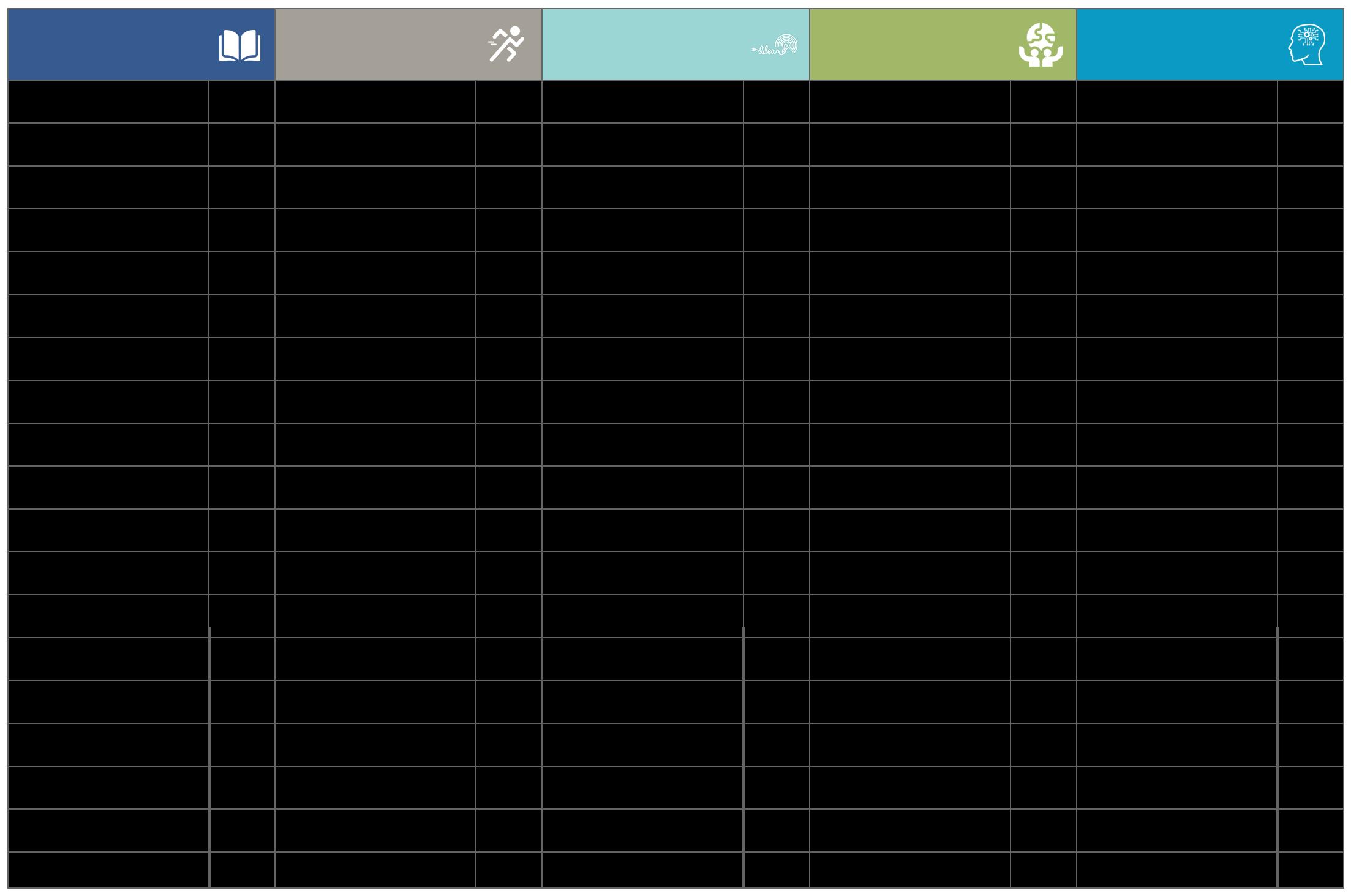
Basic Electronics with MakeyMakey BitSurfers and ByteSurfers
Bricks 4 Kids
Build That App Y9-11 Coding Dungeons and Dragons
Inspirit AI - AI Scholars Magic: the Gathering Club
Media Club
Plastics Robotics
The Dam Project Tinkering E-Waste
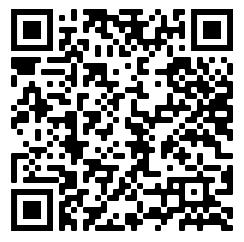
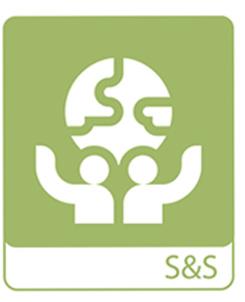
In the event of a natural disaster in the Philippines, the newly established BSM Disaster Response Fund
communities in need through the following

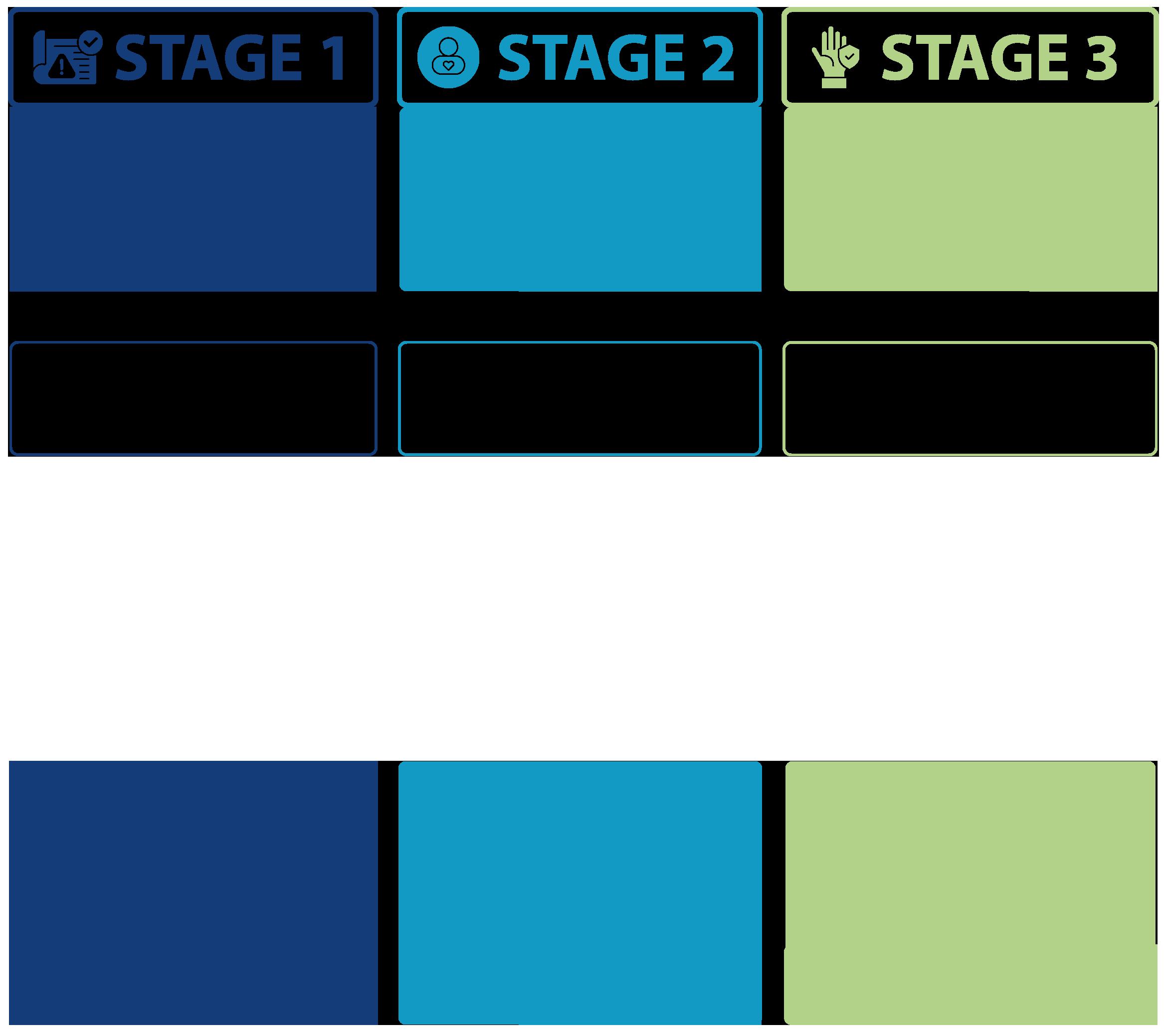
Year 3 students engaged with Service and Sustainability by introducing the using the sustainability compass as a tool. This was to enable students to have deep conversations and develop ideas about the interconnectedness between the elements of Nature, Economy, Society and Well-Being. We worked closely with our Service Learning partner, Rise Against Hunger to promote, raise awareness and provide food donations from the school community. We also raised funds by growing, harvesting and selling our own vegetables from the Year 3 garden to the school community and then forwarded the money to Rise Against Hunger to buy food storage equipment.
Year 4 students engaged with Service and Sustainability by linking our learning of science - Energy (It cannot be created or destroyed; it can only be transferred from one form to another. It is constantly being transferred from one type to another). We worked with Make A Difference (MAD) travel to develop links with the local community in Gawad Kalinga (GK) Silver Heights where we developed an understanding of the communities need for renewable and sustainable energy. We were unable to visit the GK Silver Heights community due to COVID restrictions, however, we organised a visitor to Year 4. The head of renewable energy for Ayala Corporation attended as a guest speaker to share information on the Philippines use of energy, and the future of renewables in the country.
Year 5 students have engaged with Service and Sustainability through the lens of the sustainability. Similar to other Primary year groups, the Year 5 students learned the elements for the benefit of the people, animals and the environment. Using this, together with other systems thinking tools the Year 5 students were able to investigate issues of access to clean water and sanitation for remote communities here in the Philippines, resulting in a collaboration with Waves for Water who distributed 39 water purification filters to those affected by the recent landslides in Banaue, as their water infrastructure has been significantly damaged.
Year 6 students have engaged with Service and Sustainability learning Science and Theme last year. We explored animals in their habitats and what impact ruining the ecosystems can have on the animals and their biomes. The students also linked this learning with Typhoon Odette and looking at reasons for climate change and why there are far more natural disasters and what could be a way we can avoid this. The Year 6 children also generated ideas surrounding what changes could be made to help this. To further develop their understanding of sustainability we also began to talk about renewable resources and ways in which small teaspoons for change can help make a collective impact.
Year 7 - Brand new Maths curriculum crafted with the Maths team that builds and connects the conceptual ideas of Maths with transfers to the real world. Students used statistics to demonstrate and advocate for the challenges of a global issue (such as an endangered species), explored budgets for people on diverse incomes, used the concept of space to think about how the interior of a Gawad Kalinga home could be best used by a family and built mathematical education resources to share with partner schools.
In pastoral time they connected up with Chosen Children Villageinterviewing them and finding out their needs. In Make A Difference Week they then presented ideas back to them on how they think they and others could support the foundation.

Year 8 - Maths, English and Humanities are working together to build a cross-connected curriculum that works with Gawad Kalinga in supporting one of their villages. This builds on to the work from Maths in Year 7 and the planning aims to result in real world impact. The pastoral team will then take students to GK around Easter 2023 to work with the community in developing a student and community designed project.
Year 9 - In Geography, students wrote letters to people in positions of power about Climate Change, advocating for change and making evidence based suggestions on what could happen and what impacts these would have. They also looked at the importance of community voice when designing development projects and why the community is the expert in their own problems - from this they thought about how they might tackle supporting a slum in Manila and work with the people there following the impacts of a disaster such as a fire.
MAD Week - Students from Years 7-11 participated in Make A Difference Week in June. They explored four themes: How We Eat, How We Learn, How We Travel, How We Buy. Students went to workshops presented by experts, entrepreneurs and social leaders to learn about these four aspects of how they can make their lives more sustainable in service to the planet. Students set themselves targets on their next steps in becoming a more sustainable global citizen as a result.
Year 5 - Waves for Water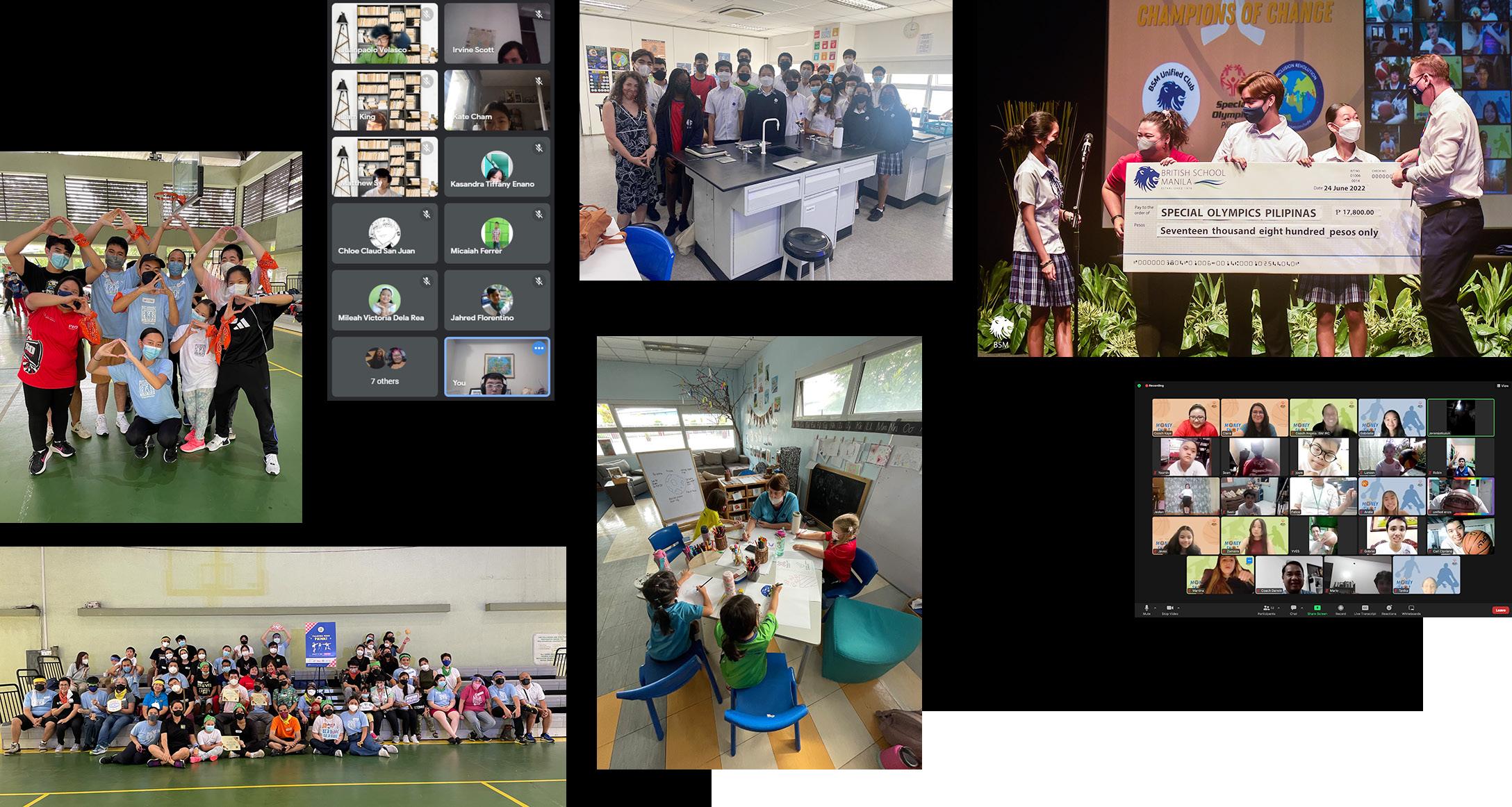
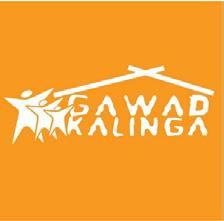
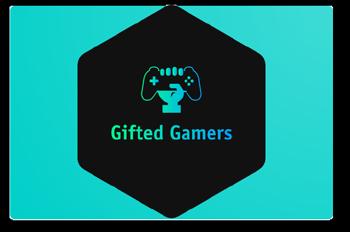


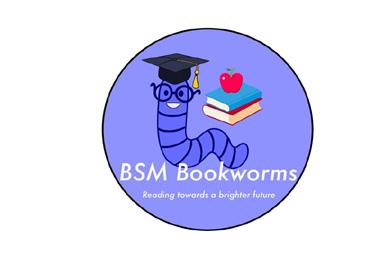
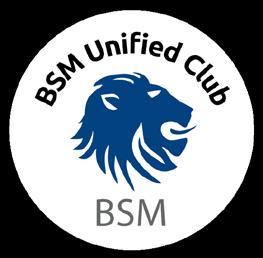


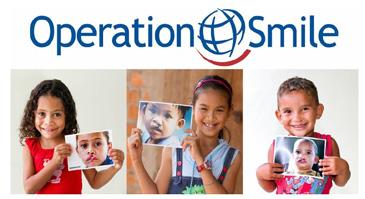
The BSM community spent almost two years learning online. The school, and community, had adapted, and in many ways thrived, during the mandatory campus closure but however good we could make our online learning, we couldn’t replicate the full experience of being at school face-to-face.
The BSM team had everything prepared; all of the plans, precautions and procedures were ready as we waited for the news that we would be able to welcome our students back.
In November 2021, it was confirmed that BSM would be part of the pilot programme; one of the first schools in the Philippines to be given permission to reopen. To allow our students, some of whom had never been on the campus, sufficient time to adjust and familiarise themselves with our facilities and the new routines, we began with two weeks of our Transition Programme. Seeing our students and teachers together again on campus reiterated that which we already knew, that the best way for students to learn is face-to-face, with their peers.
We launched into Hybrid Learning at the end of November with great success and, as we were able to do so safely, began increasing the time and range of activities available to our students. January 2022 saw a brief return to online as Metro Manila was returned to Level 3. Thankfully it was short lived and we returned to campus in February. After half-term, we began further expanding our offering - After School Activities returned and the amount of time students spent at school was able to be increased further.

The removal of more restrictions during Term 3 saw the return of in-person events, like Coffee Mornings and Parent Workshops, and the chance to have more of our community on campus, before finishing the year with IB Graduation and Speech Day.
The school year ended on a high note on campus, learning and enjoying with friends. As the school starts another academic year, we’ve welcomed 156 new students, or 92 new families, to our community and as the BSM Family grows, we’re excited for what’s to come.





BSMTSP’s focus for SY 2021-2022 was on the well-being of its scholars to support them in managing the challenges brought by the pandemic whilst staying on track in their academic pursuits. As current scholars transition back to face-to-face learning, the committee’s priority is to ensure that they are mentally prepared and fully-supported. In collaboration with two of BSM’s Guidance Counsellors, Mses. Rory Catipon and Liza Dey, the project “Scholar’s Safe Space” was established.

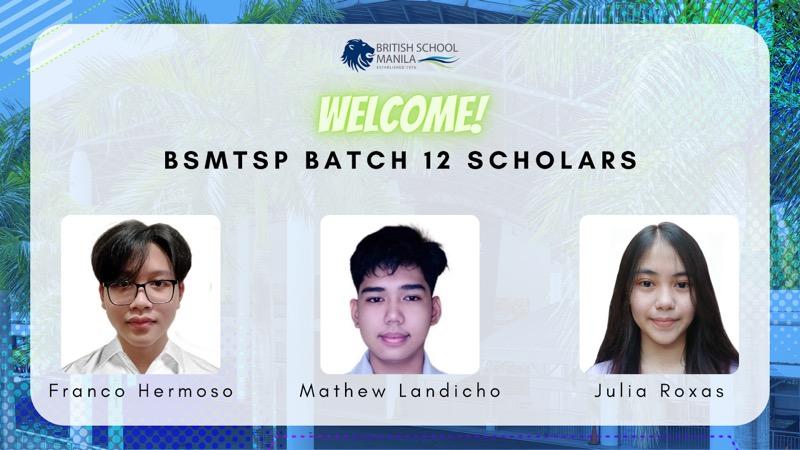




The committee welcomed its new Service & Sustainability Governor, Mr. Robert Cook.
The scholarship programme extends its deepest gratitude to Mr. Nick Hilton, former Social Responsibility Governor (which has evolved into Service & Sustainability), for his dedication and passion. Mr. Hilton has been a great influence in developing the programme and elevating its profile to the BSM community and affiliates. His support to the programme and to the scholars themselves have been remarkable.
The scholarship programme has been featured in BSM’s Linkedln posts in June 2022. The primary goal of the initiative is to showcase the professional platform we have at BSM.
Upcoming projects:
College Readiness and Leadership Training
Scholars’ Annual Brunch
Scholars’ Technology Day
indeed another successful year for the scholarship programme. Our thanks go out to the BSM community for the continuous support and to the parents of the scholars for the trust and confidence given to the committee. All the accomplishments of the local scholarship programme this year were made possible
everyone’s collaborative efforts. We hope that the same level of involvement from all stakeholders will continue to strengthen and flourish in the years to come.
PTA Events SY 2021-2022
y New Parents and Teachers Welcome Zoom Meeting
y PTA AGM (via Zoom)
y Guy Fawkes Night
Summer Fete
9 September 2021


y Paskuhan sa BSM: Playground of Lights 2021
y Graduation Sash Class of 2022
y Contribution to the Prom of 2022
Each family who has a child enrolled at BSM and every teacher is automatically a member of the BSM PTA. The PTA Committee is comprised of up to 11 parents and two teachers.
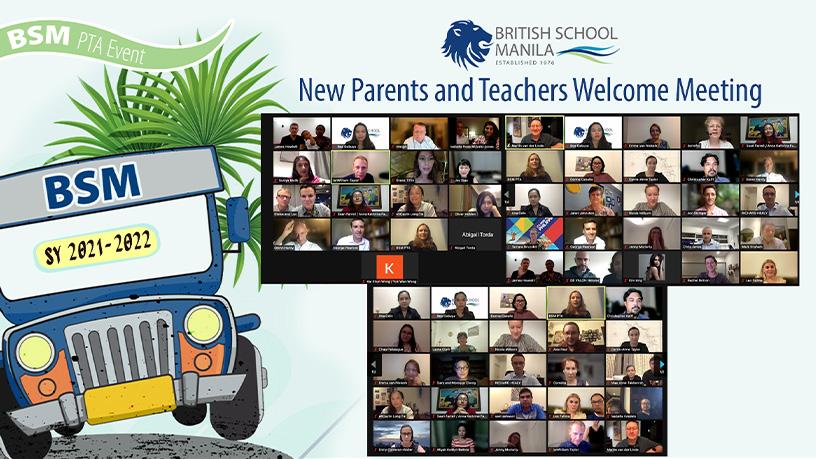
The remit for the PTA Committee includes supporting the BSM community, welcoming new families and teachers, coordinating communication with Parent Reps and last but not least, organising fantastic community events for students, families and teachers.
Our biggest and most popular events are the Guy Fawkes Night every November and the annual Summer Fete in April. All proceeds from our events go back to the school community and are being used to support extra learning activities such as the creation of a rice terrace in the Primary School, the purchase of movable bleachers for our sports field and many other projects.
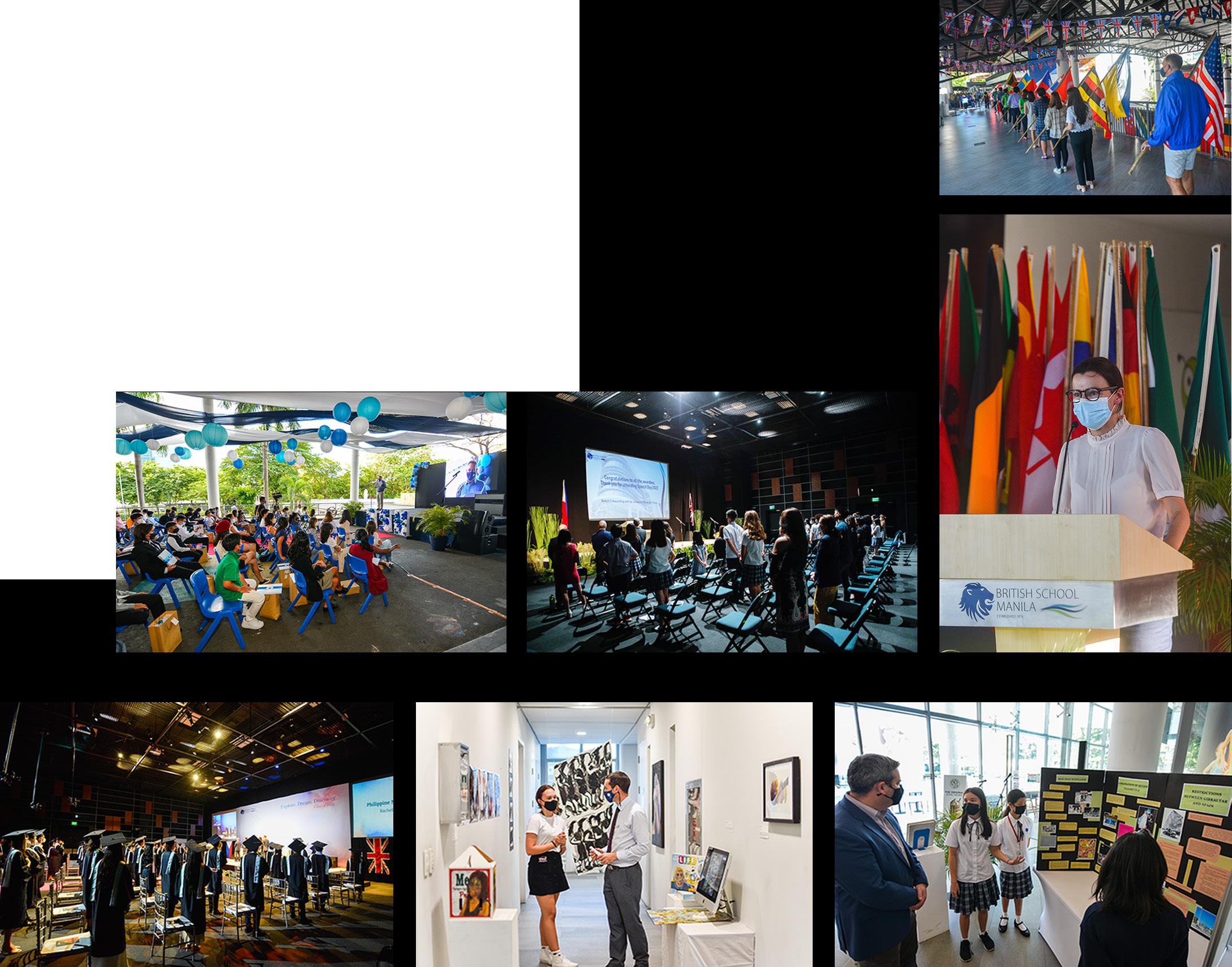
Events at the British School Manila have taken an innovative approach anchored in the school’s Vision and Mission of fostering a family friendly atmosphere that nurtures a community feeling without compromising the health and safety of all stakeholders.

Each event was carefully crafted from concept, content, logistical and technical requirements up to the actual event with the aim of creating memorable experiences for our community amidst the ongoing global pandemic.
To ensure wider viewership and engagement, many of BSM’s live events were also streamed online via YouTube through the school’s private portal. International Evening was a celebration of nationalities represented at BSM and was graced by the presence of the British Ambassador, Her Excellency Laure Beaufils. Events like the IB Graduation, Year 6 Year End Ceremony and Speech Day allowed us to celebrate the milestones of BSM Students onsite. Whole school assemblies, Parent workshops and meetings were accessible to stakeholders with the help of technology.
In Terms 2 and 3, opportunities to hold safe purely live events were welcomed by various stakeholders of the School. The Amphitheatre was host to the very first Staff Cinema Night featuring the National Theatre Live presentation of FRANKENSTEIN as well as social events and the Final Parent Coffee Morning for SY 2021-2022. The IB Art and the Year 9 Exhibition on Her Majesty The Queen’s Platinum Jubilee, two events that showcased the wonderful work and collaborative efforts of BSM Students were also held safely onsite. The calendar drew to a close with a series of onsite and offsite live events to honour Mr. Glenn Hardy, outgoing Head of Primary School, who has wholeheartedly served BSM for 27 years – a fitting culmination to what has been another remarkable school year. Year 6 Year End Ceremony IB Graduation Mr. Glenn Hardy’s Farewell Event IB Art Exhibition Year 9 Exhibition Speech Day International Evening
